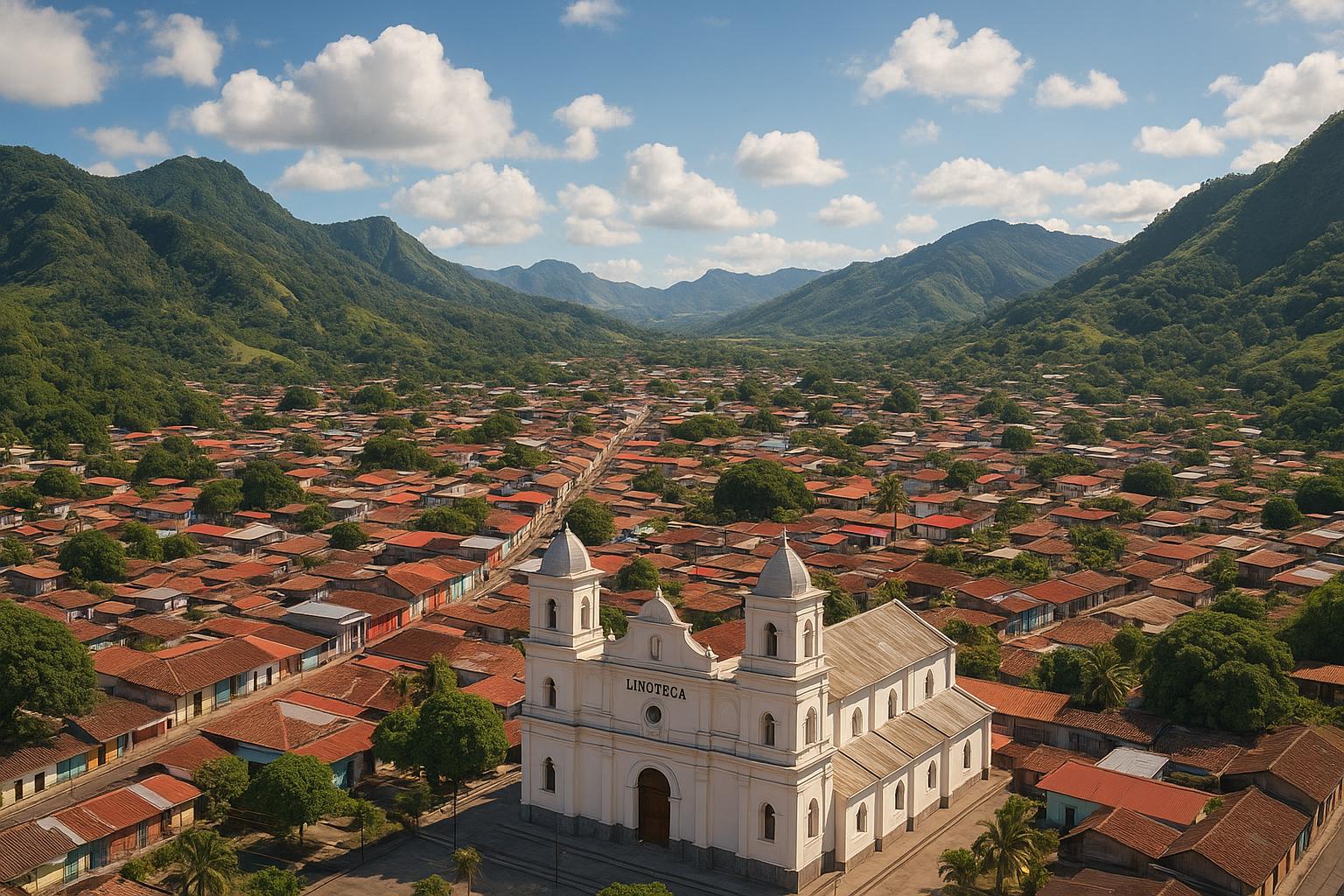Contents
Introduction to Jinotega
Jinotega is a department in the northern part of Nicaragua, known for its stunning landscapes and significant role in the country’s agriculture. It serves as both a cultural and economic hub in the region, offering insights into the rich history and current developments of Nicaragua.
Geography and Climate
The Jinotega department is characterized by its mountainous terrain, which creates a unique climate compared to the rest of Nicaragua. The region is cooler and receives more rainfall, benefiting the vast coffee plantations that dominate the landscape. The impressive mountain ranges, including the Cordillera Isabelia, contribute to the area’s lush vegetation and biodiversity.
Natural Attractions
Jinotega is home to several natural attractions, making it a popular destination for nature enthusiasts. The Bosawás Biosphere Reserve, one of the largest reserves in Central America, is partially located within Jinotega. This protected area is rich in biodiversity, offering opportunities for eco-tourism and the study of tropical ecosystems.
The Impact of Earthquakes on Jinotega
Jinotega, like many other regions in Nicaragua, has been affected by seismic activity due to its location in a tectonically active area. Nicaragua is part of the Pacific Ring of Fire, which is prone to earthquakes. Jinotega’s mountainous terrain further underscores the challenges earthquakes pose, potentially affecting both the natural environment and human settlements.
Historical Earthquakes
Nicaragua has experienced several significant earthquakes throughout history. While Jinotega has not been the epicenter of the most devastating earthquakes, the department still experiences tremors that can affect infrastructure and daily life. Buildings and roads must be constructed with these potential hazards in mind to mitigate damage and ensure safety.
Preparedness and Response
The local authorities, alongside national disaster management bodies, emphasize preparedness and efficient responses to seismic events. This includes public education campaigns on earthquake safety, emergency drills, and the development of infrastructure that can withstand seismic activity. Ongoing efforts focus on improving building codes and construction standards to reduce the impact of future earthquakes.
Impact on Agriculture
Earthquakes can have direct and indirect impacts on Jinotega’s agriculture. Direct impacts might include damage to farms and irrigation systems, while indirect impacts could involve disrupt supply chains, making it challenging to transport goods. Coffee, being a major agricultural product, could be particularly vulnerable if infrastructure is compromised. Hence, safeguarding agricultural investments is a priority for the local economy.
Cultural Significance
Jinotega’s cultural landscape is marked by its indigenous heritage and colonial influences. The department celebrates numerous festivals and traditions that reflect its diverse cultural history. Visitors can experience local music, dance, and traditional cuisine, which are integral to the community’s identity.
Economic Overview
Agriculture is the backbone of Jinotega’s economy, with coffee production being particularly significant. Many coffee farms in the region offer tours, giving insight into the production processes and challenges facing coffee growers. Besides coffee, other agricultural products include tobacco, vegetables, and livestock, contributing to the region’s economic diversity.
Coffee Industry
The coffee industry in Jinotega plays a crucial role in both local and national economies. Known for producing high-quality Arabica coffee, the region’s climatic conditions and farming techniques create favorable conditions for coffee cultivation. Jinotega coffee is renowned for its rich flavor, attracting coffee enthusiasts worldwide.
Infrastructure and Accessibility
Jinotega is accessible via well-maintained roads connecting it to Nicaragua’s major cities, including Managua. The department’s infrastructure supports economic activities and tourism, although further development is ongoing to enhance connectivity and access to remote areas.
Transportation
Public transport and private vehicles are the primary means of transport within Jinotega. Efforts to improve road infrastructure aim to facilitate better trade and tourism, thereby boosting the local economy.
Community Efforts in Earthquake Recovery
The community in Jinotega plays a vital role in recovering from any earthquake-related disruptions. Local authorities and organizations often engage in reconstruction efforts, focusing on rebuilding homes, schools, and hospitals. These efforts also involve community education programs that teach residents how to build earthquake-resilient structures using available resources.
International Aid and Collaboration
International assistance often complements local efforts, with various non-governmental organizations (NGOs) and international bodies providing aid and expertise. Such collaborations aim to enhance the region’s capacity to deal with earthquakes through training, funding infrastructure projects, and developing early warning systems.
Conclusion
Jinotega offers a unique blend of natural beauty, cultural richness, and economic activity, making it an essential part of Nicaragua. Whether interested in exploring its natural reserves, experiencing its cultural events, or understanding its agricultural significance, Jinotega provides diverse opportunities for exploration and study. The region’s strategies and resilience in face of natural challenges such as earthquakes further illustrate its dynamic character. For more detailed information about this region, you might consider visiting local tourism sites or educational resources to further explore its offerings.
